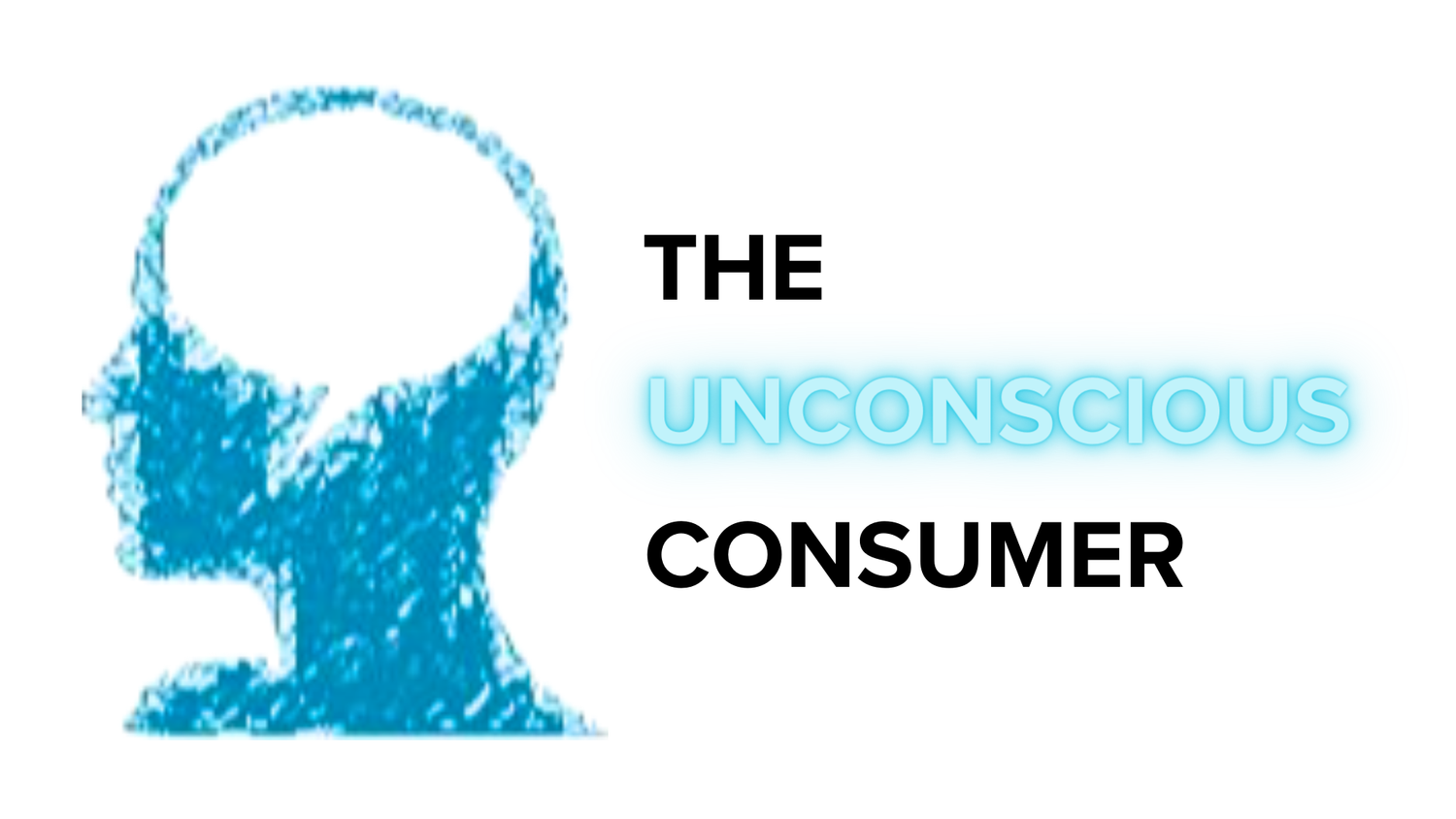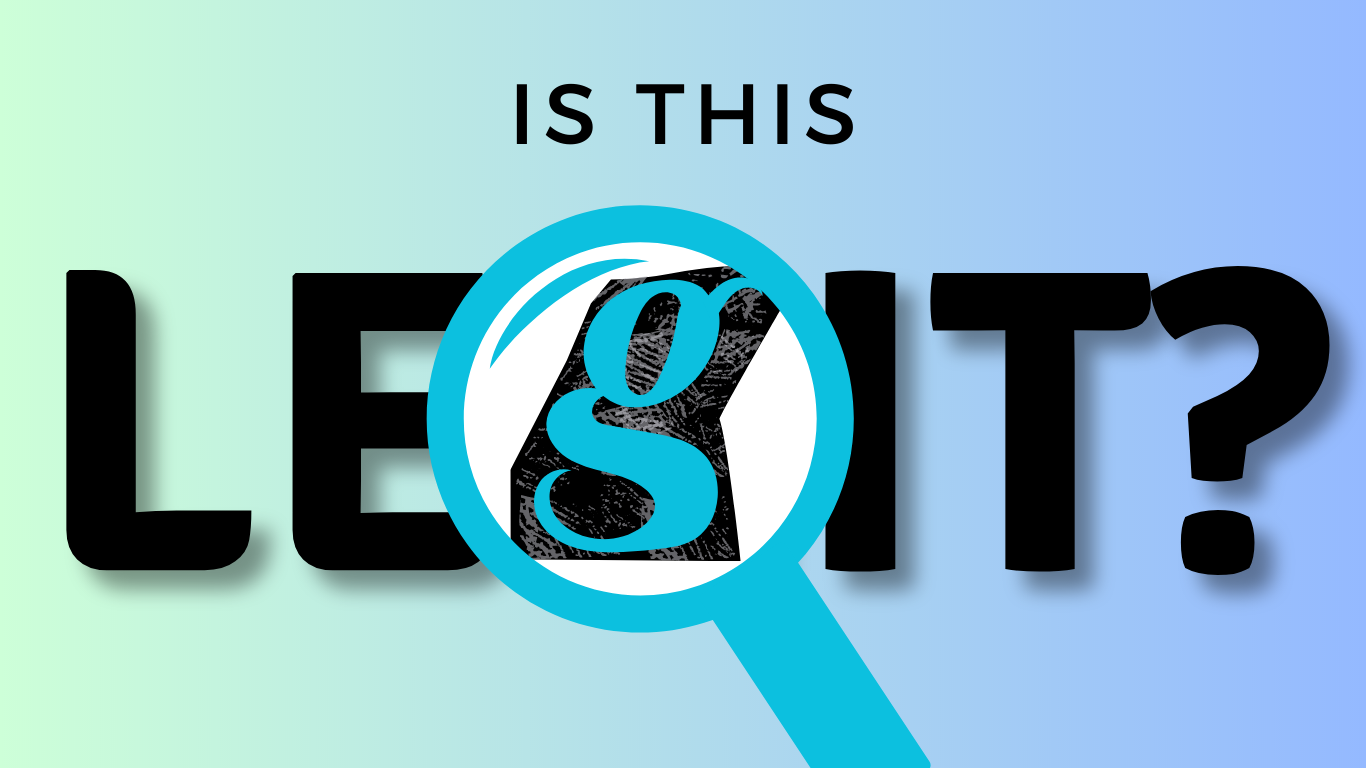Your Car is Lying to You: Tesla's Range Controversy and the Breakdown of Consumer Trust
In our rapidly evolving marketplace, where technology and innovation shape our everyday lives, the age-old concept of trust is in desperate need of a facelift. Companies like Tesla, a beacon of future-forward thinking, often dazzle us with tantalizing brand promises that stir our imagination. But, the recent controversy over Tesla's vehicle range claims forces us to peer behind the curtain. Are these promises always what they seem? Or have we entered an era where our intuition and investigative prowess must take center stage? The answer may be more complex than we think.
Deciphering Brand Claims and Consumer Trust
In a simpler time, a brand's promise was a handshake agreement—a vow of quality, performance, and integrity. It formed the foundation of our relationship with products and companies, guiding our loyalties and buying choices. Over time, this trust was cultivated through honest dealings and transparent interactions. Yet, as technology has advanced and marketing has become more sophisticated, the waters have muddied. Can we still take a brand's word at face value, or is there a growing chasm between promise and reality?
The Tesla Controversy: A Reality Check on Brand Claims and Trust
Tesla is more than a car company; it's a symbol of innovation, environmental stewardship, and quality. For many, the name alone signifies a step towards a brighter future. However, a recent Reuters report exposed a murky side to this trust, uncovering unsettling strategies to address "range anxiety"—the nagging worry that an electric car might run out of juice before reaching its destination. What does this say about the brand we thought we knew? And how does it challenge our perception of corporate integrity?
The Art of Deceiving Consumers: Taking a Closer Look
Tesla's approach to managing range complaints, as described by Reuters, is more than just concerning—it's a window into a world where brand image might take precedence over truth. The creation of a "Diversion Team" specifically to handle these complaints uncovers a hidden landscape, where metrics and statistics might be carefully managed to preserve a facade. It leads us to question not just Tesla but the entire framework of regulations and standards that govern our consumer market. Are these measures robust enough, or have they become a maze where truths can be twisted and obscured?
Evaluating Brand Claims: The New Age of Consumer Responsibility
The age of innocence is over. Tesla's situation underscores the necessity for a more vigilant and discerning approach to brand promises. Gone are the days when a catchy slogan or sleek advertisement could win our hearts without question. Today's consumer must be a detective, piecing together the puzzle from various sources, including independent reviews, consumer protection agencies, and even personal experimentation. We must become active participants in our purchasing decisions, demanding transparency, and holding brands accountable.
The Ripple Effect of Tesla's Case: Towards a Trustworthy Future
Tesla's narrative isn't just a one-off scandal; it's a harbinger of a sea change in consumer dynamics. It lays bare the fragility of trust and illustrates how even a titan of industry can stumble. For companies, this story is a cautionary tale, reminding them that honesty is not just a virtue but a necessity. For consumers, it's a call to arms—a challenge to redefine what trust means and how it's earned. In a world where information is at our fingertips, we must wield it with wisdom and integrity.
Tesla's range saga is more than just a headline; it's a signal flare, illuminating a path toward a new era of consumer empowerment. In a world brimming with information, technology, and complexity, our trust must evolve. It must be proactive, discerning, and unafraid to question. Above all, it must strive to transform the marketplace into a space where trust is not merely a word but an unbreakable bond between brands and consumers. In the end, we must recognize that trust is a two-way street, requiring both parties to navigate with honesty, integrity, and respect. Only then can we hope to build a future where promises are kept, and faith is rewarded.
Make sure you don't miss each week's Undercurrents: Wednesday's Unseen Trends by following the Unconscious Consumer on LinkedIn or check out The Unconscious Consumer site for more articles on UX, consumer psychology, behavioural economics, and more!













